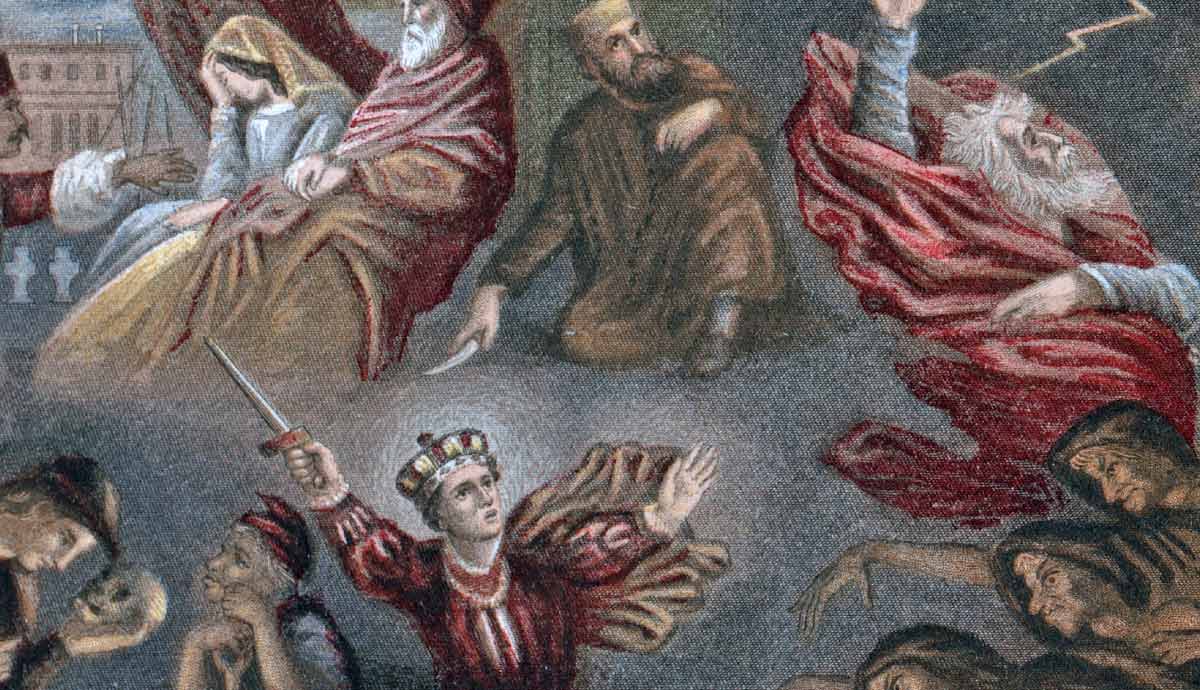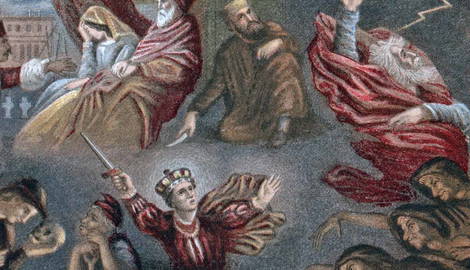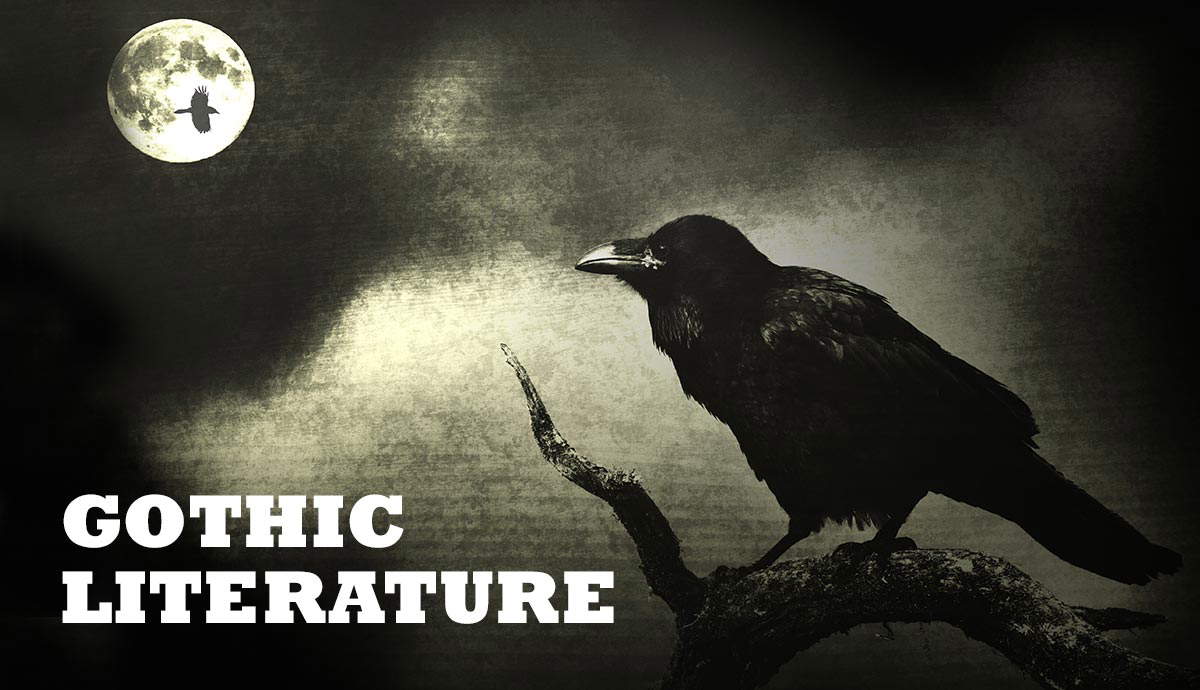
William Shakespeare’s tragedy, Macbeth, is a haunting exploration of ambition, power, and the consequences of unchecked desire. Within the intricate web of characters and themes, one figure stands out as a mysterious force of the supernatural – Hecate. Famously known as the Goddess of witchcraft in Greek mythology, Hecate ends up playing a pivotal role in the unfolding of Macbeth’s tragic fate.
Origins of the Greek Goddess Hecate

Outside of Shakespearan literature, Hecate is most famous for being the ancient Greek goddess of witchcraft, magic, ghosts, and crossroads. Her associate with witchcraft and magic is probably why she is considered the “ruler” of the witches in Macbeth. Hecate is often depicted as a triple-bodied figure, representing the phases of the moon and the life stages of womanhood. The Romans also adopted and incorporated Hecate into their own mythology and religious practices, solidifying her place as a powerful and mysterious deity in the ancient world.
Hecate’s First Appearance in Macbeth

In Macbeth, Hecate is not pulled directly from classical mythology but rather an original character created by Shakespeare to enhance the supernatural elements of the play. Although the audience may understand that Hecate is drawn from Greek mythology, her role in the play is separated from those origins. In Shakespeare’s version, she is portrayed as more controlling and vindictive.
Her first appearance is in Act 3, Scene 5, where she scolds the Weird Sisters for meddling with Macbeth, the King of Scotland, without consulting her first. This establishes her authority over the witches and the supernatural forces in the story.
Hecate is visibly displeased, stating:
“And, which is worse, all you have done
Hath been but for a wayward son,
Spiteful and wrathful, who, as others do,
Loves for his own ends, not for you.”
This scene makes it clear to the audience that Hecate acts as a higher authority over the witches, and she doesn’t want them meddling in Macbeth’s fate without her involvement. She also believes that Macbeth is fully responsible for his own inevitable downfall and fate later in the play.
Final Appearance and Speech

Hecate only makes one last appearance in Act 4, Scene 1 of Macbeth. She enters in the middle of the scene, while the Weird Sisters are brewing a potion, and commends the witches on their spell work:
“O well done. I commend your pains,
And every one shall share i’ the gains.
And now about the cauldron sing,
Like elves and fairies in a ring,
Enchanting all that you put in.”
These are her only lines in the scene, and she departs the stage immediately after she finishes speaking. This short moment continues to emphasize her role in the play as the leader of the witches and shows that although the Weird Sisters didn’t have her approval before, they do now.
Hecate’s Thematic Purpose in Macbeth

Hecate’s primary purpose in the play is to act as an authority figure to the witches and represent the capricious nature of supernatural forces. She symbolizes the intersection of the natural and supernatural realms, encouraging the audience to question whether Macbeth is really at fault for his tragic destiny or if he is simply a victim of magical manipulation.
The answer to this question is up to audience interpretation. Hecate declares that Macbeth will believe he is safe, which will lead to his demise. However, the magical prophecies and machinations of the witches are what initially send him down this destructive path.
Her Character Is Sometimes Omitted From the Play

Many literary scholars believe that Hecate’s scenes were not originally written by Shakespeare but instead written and added to the play by another author. This theory stems from the language and stylistic choices used in Hecate’s scenes, which contrast significantly with the rest of the play. Others scrutinize the character itself and argue that her involvement in the story feels forced and unnecessary.
There are also early written variations of Macbeth that contribute textual evidence to support the theory. For example, the First Folio includes Hecate’s scenes, while others, like the Folio of 1623, omit them.
Hecate’s Portrayal in Stage Productions Varies

Even though this theory is not universally accepted, Hecate is still often removed from various productions of Macbeth. Some versions of the play opt for a creative casting choice and use the actress playing Lady Macbeth to double as Hecate, thematically connecting the characters and adding a layer to the story. Other productions commit to the mythological origins of Hecate and depict her as a Greek goddess.
Although her character plays a relatively small part in Macbeth, Hecate adds depth to the mystical and supernatural elements of the play, which leave the audience debating whether Macbeth is solely responsible for his demise or a victim of cosmic influence.








